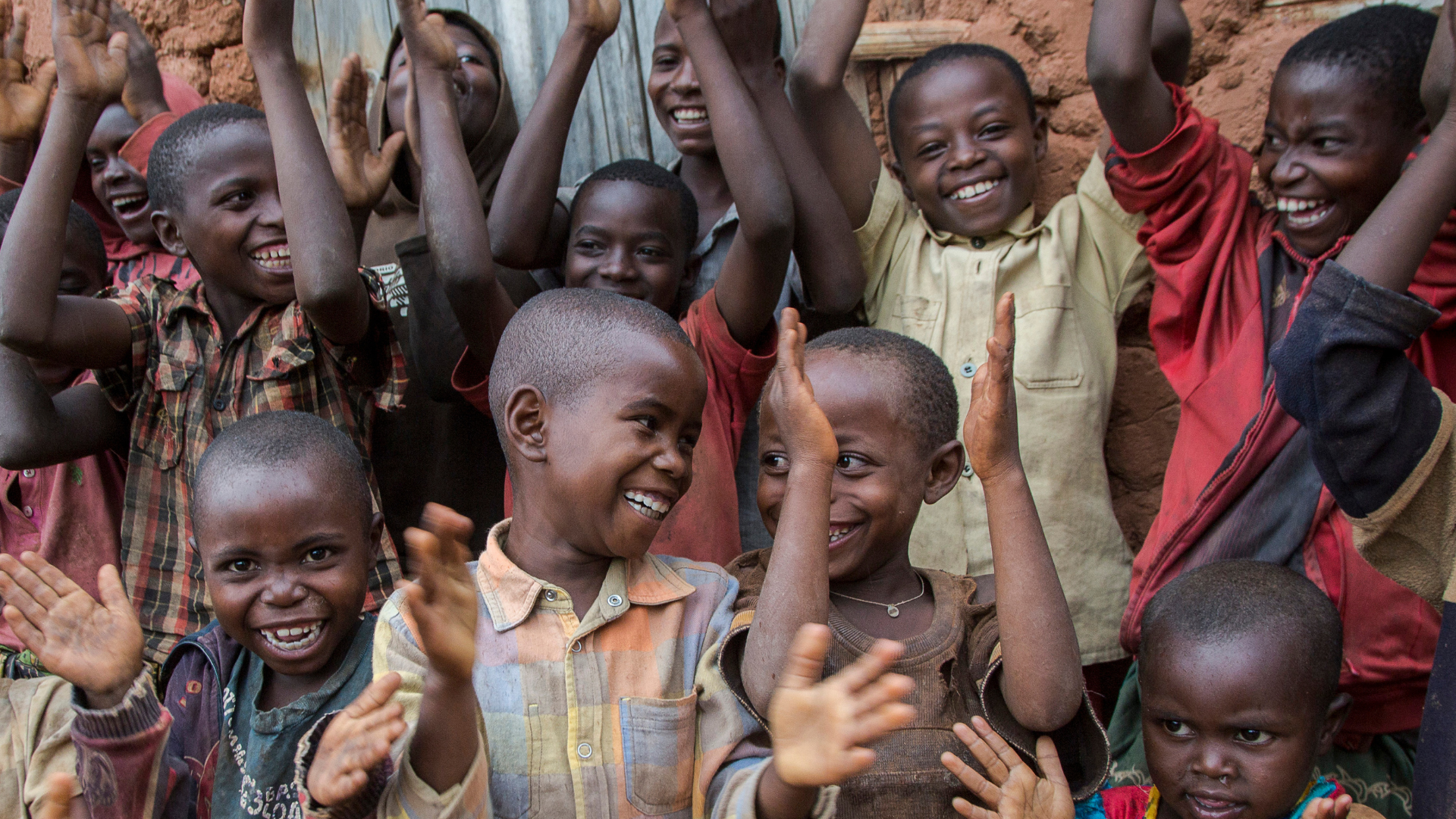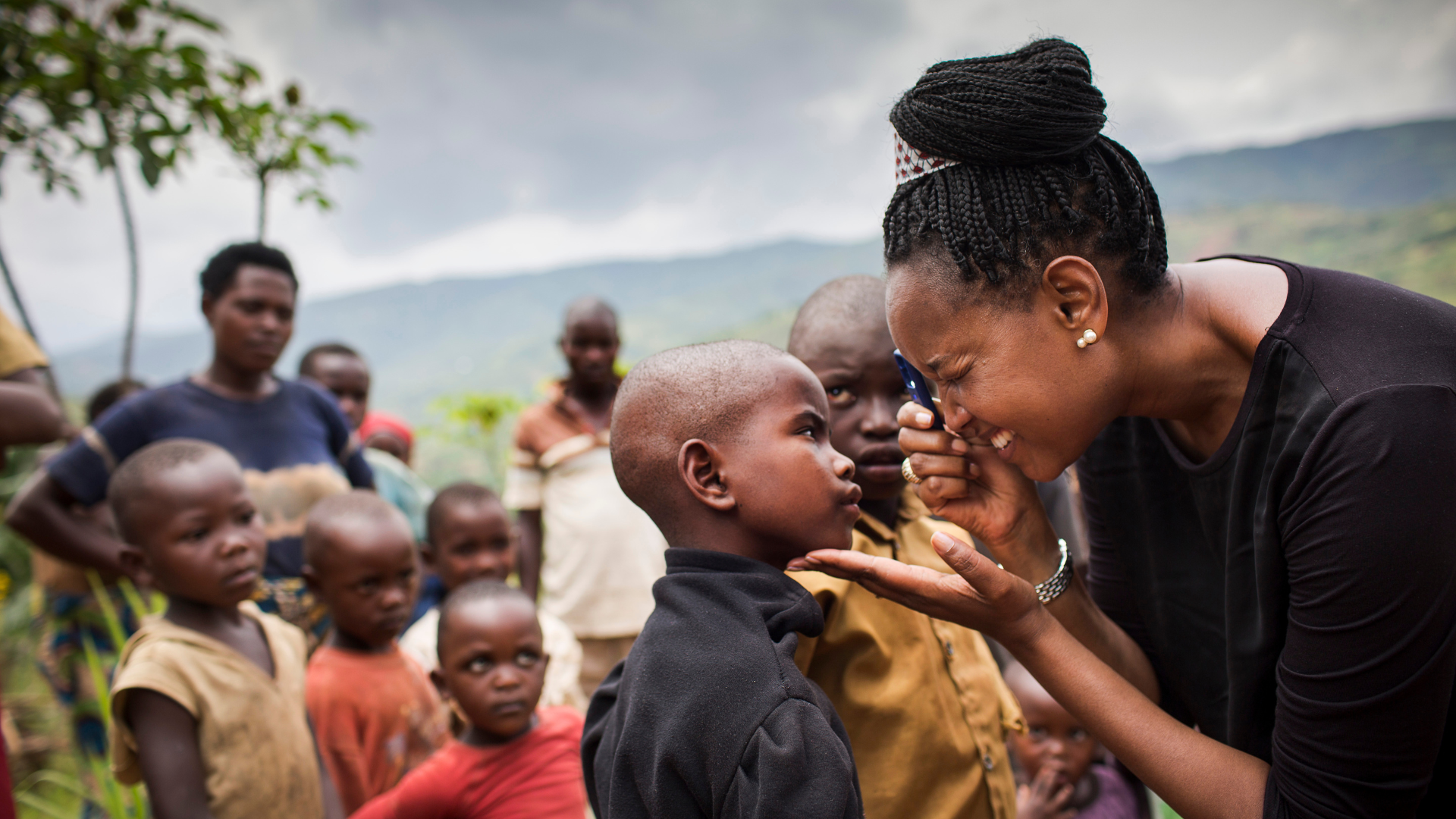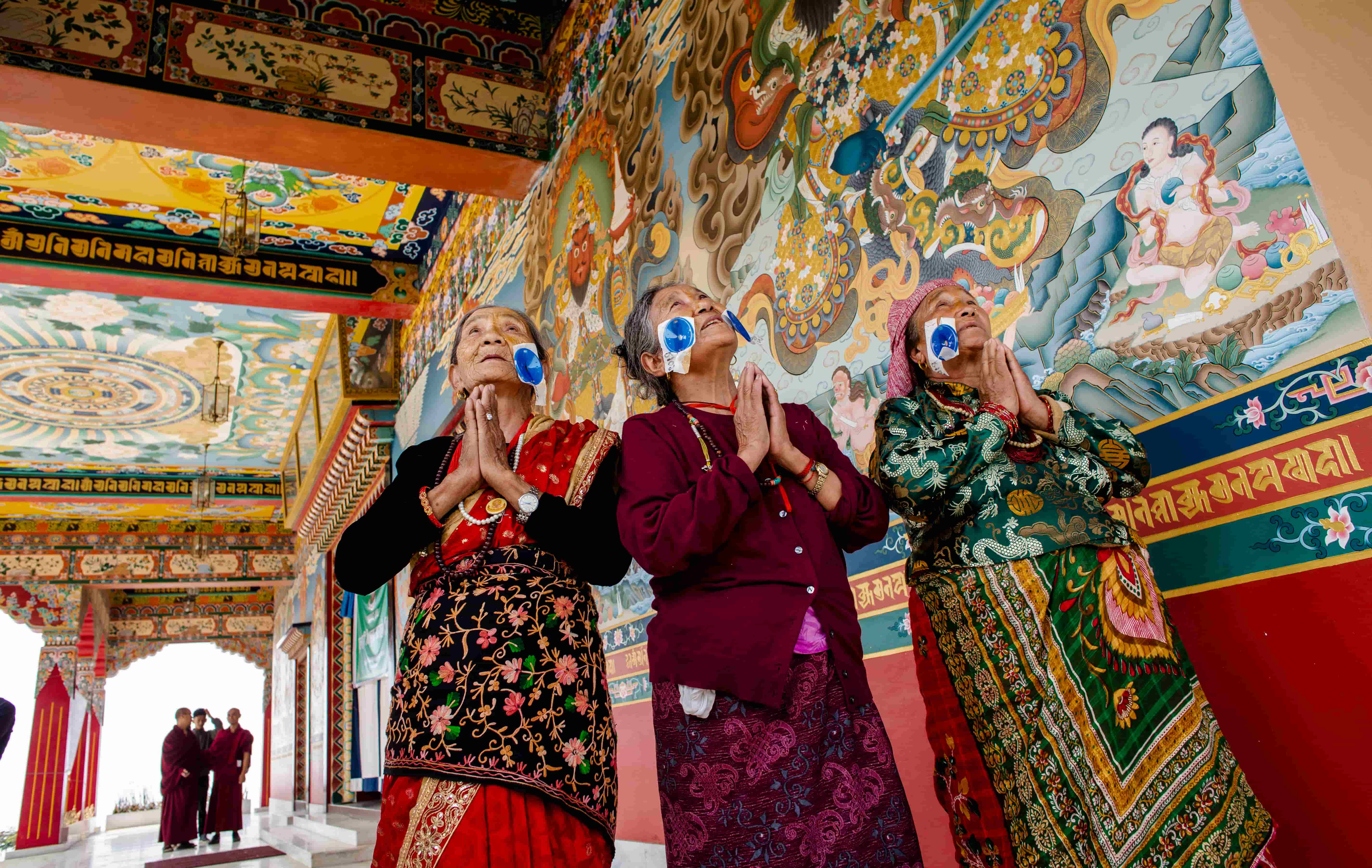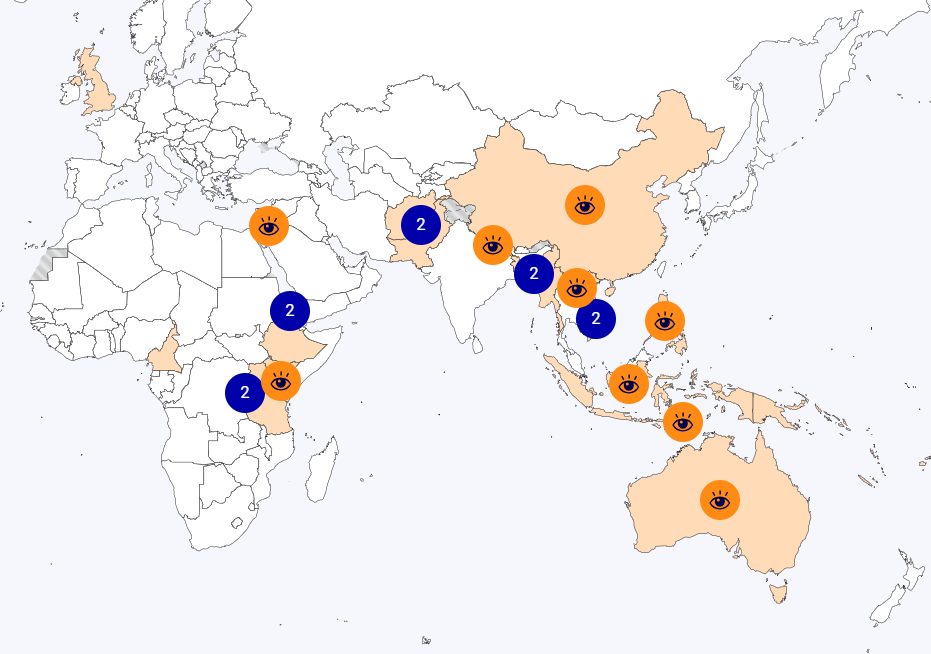
Solving blindness where it hits hardest
We are changing lives with high quality care in 25+ countries across Africa, Asia and the Pacific.
From national health reform to remote outreach programs, our teams are embedded in local systems, working side by side with governments, hospitals, and communities.
Our impact so far
150 million+
people helped through our programs
90 million+
treated for blindness and vision impairment
2,000+ surgeons
trained to perform sight-restoring surgeries
$20 return
for every $1 invested in cataract surgery
When sight is restored, everything changes
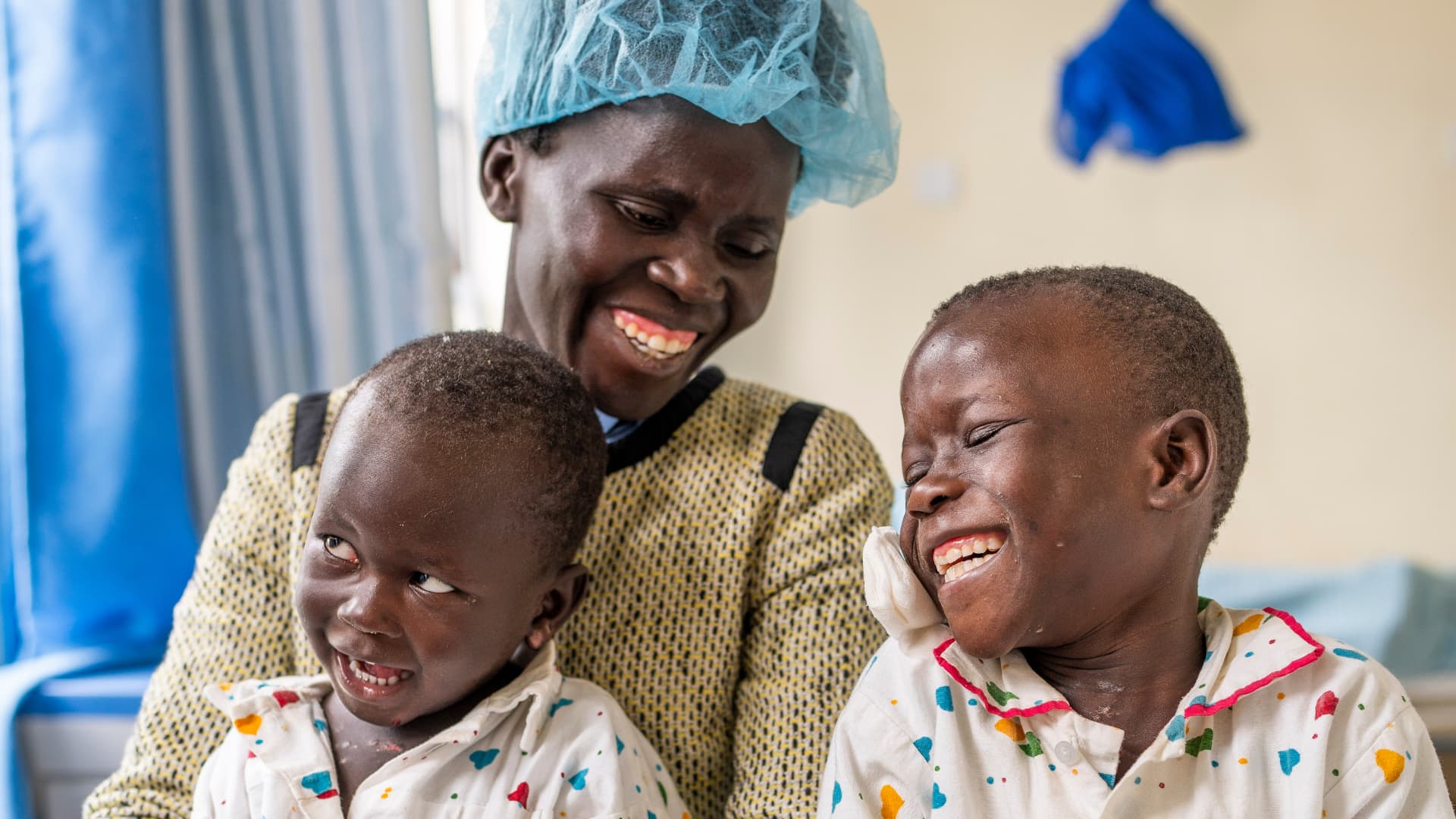
A family’s sight restored
Eveline and two of her children were blind. Now, all three can see — and their future is filled with possibility.
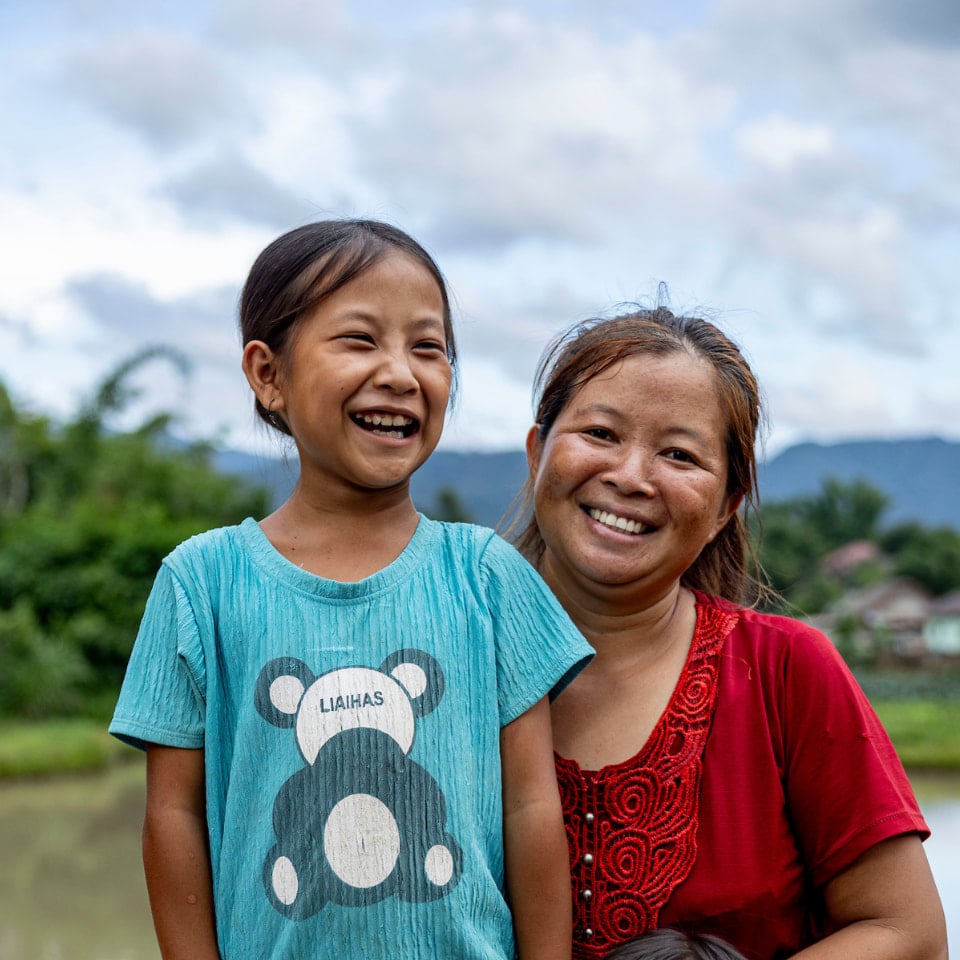
Learning, playing, seeing
Cataract blindness threatened Chansouk’s childhood. After surgery, she’s back to learning, playing — and dreaming big.
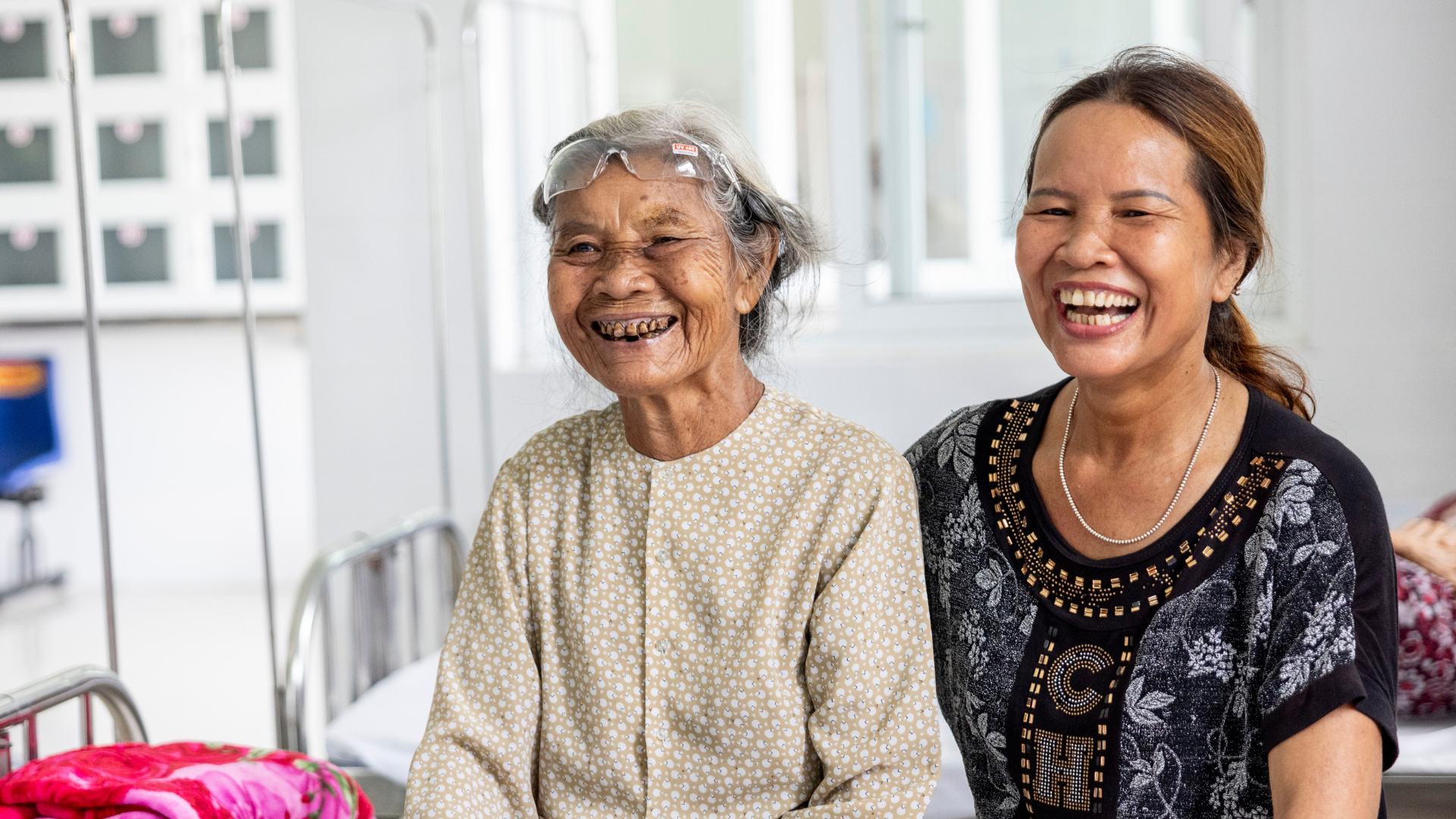
Independence at 82
Den lost her sight and her independence. Today, she’s seeing clearly — and living on her own again.
Backed by innovation. Powered by people.
We’re not just delivering eye care. We’re building something bigger:
Technology
From affordable intraocular lenses (IOLs) to AI diagnostics
Workforce
Training local surgeons, nurses, and community health workers
Systems change
Partnering with governments to embed eye care into national health plans
Equity
Reaching women, children, and remote populations who are often left behind
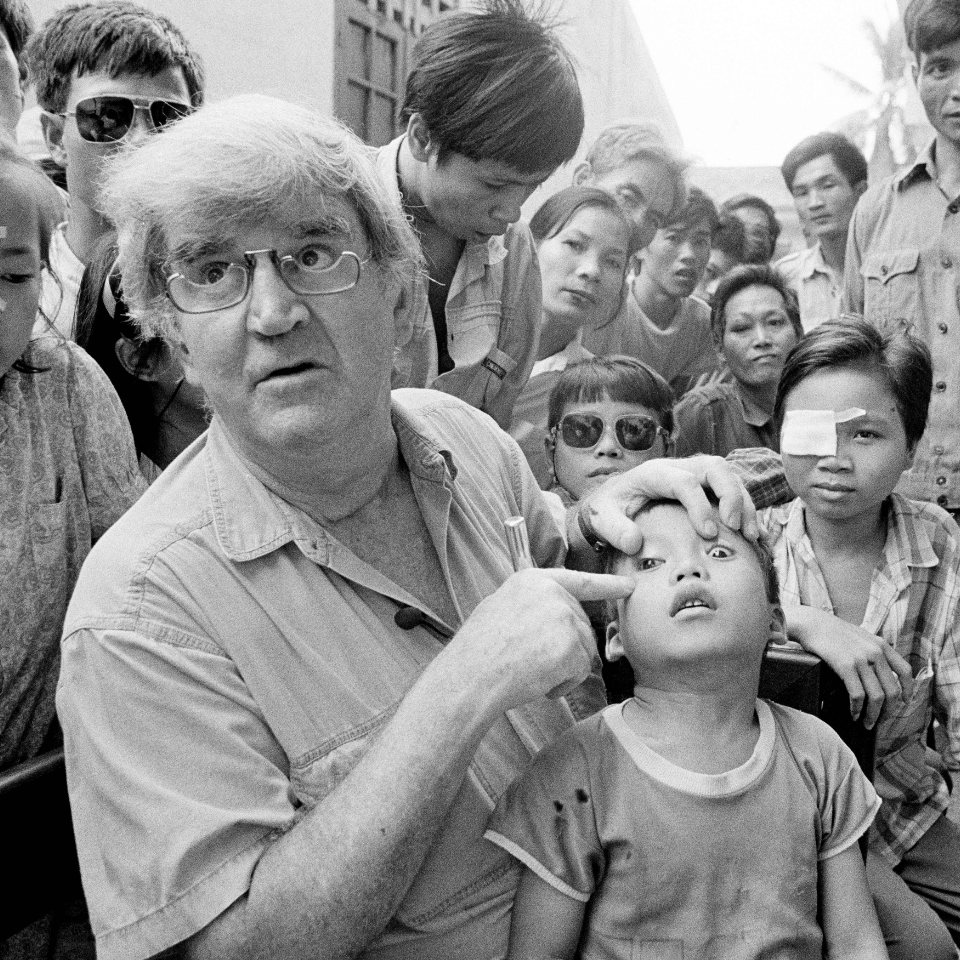
It all started with Fred
The Foundation was founded in Australia by Professor Fred Hollows — a pioneering surgeon who disrupted global health norms and revolutionized cataract surgery.
Fred didn’t believe in charity — he believed in training local doctors, driving innovation, and breaking down systemic barriers.
“What we’re doing is revolutionary. We’re giving people the chance to help themselves.” – Fred Hollows
Today, that same disruptive spirit drives our work across the globe.
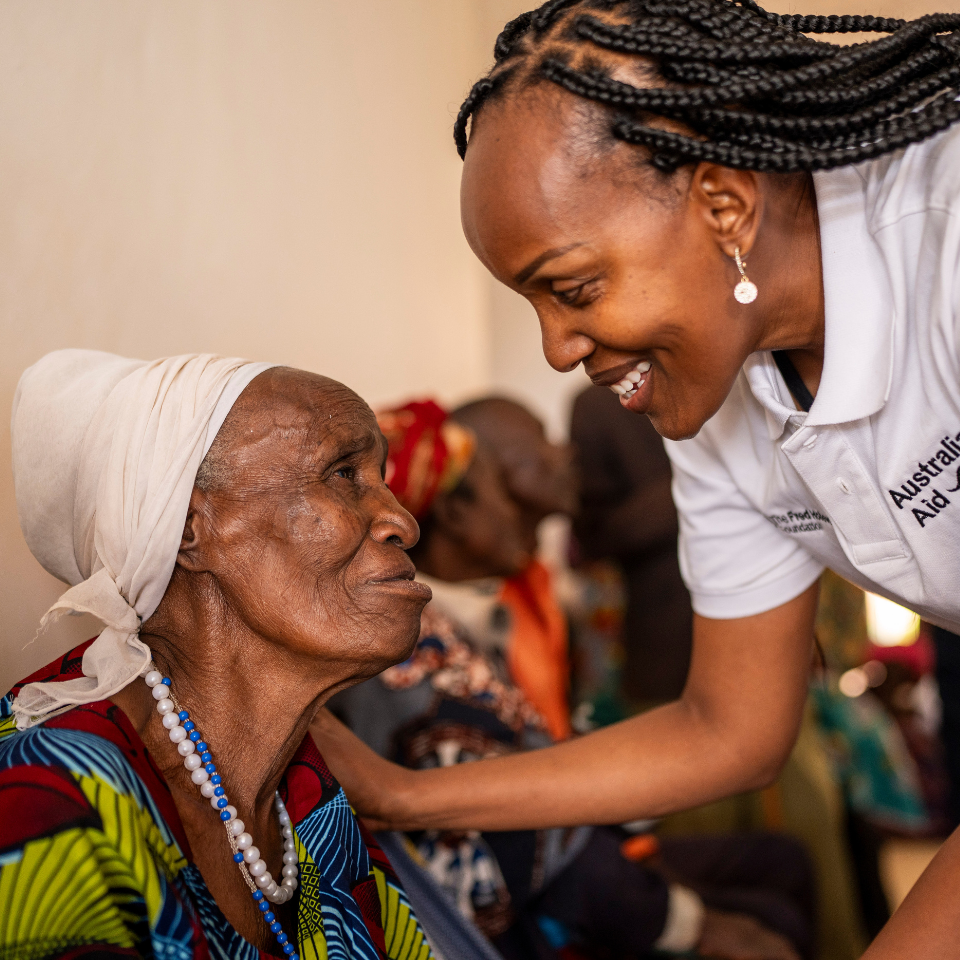
Invest in a future where everyone can see
Your support does more than restore sight. It creates ripple effects that last for generations — helping people return to work, children stay in school, and communities thrive.
When you invest in vision, you’re building stronger health systems, empowering local workforces, and driving economic growth in places where it matters most. This isn’t charity. It’s smart, scalable impact.
- Restore vision
- Train surgeons and health workers
- Keep children in school
- Boost economic independence
- Strengthen public health systems
